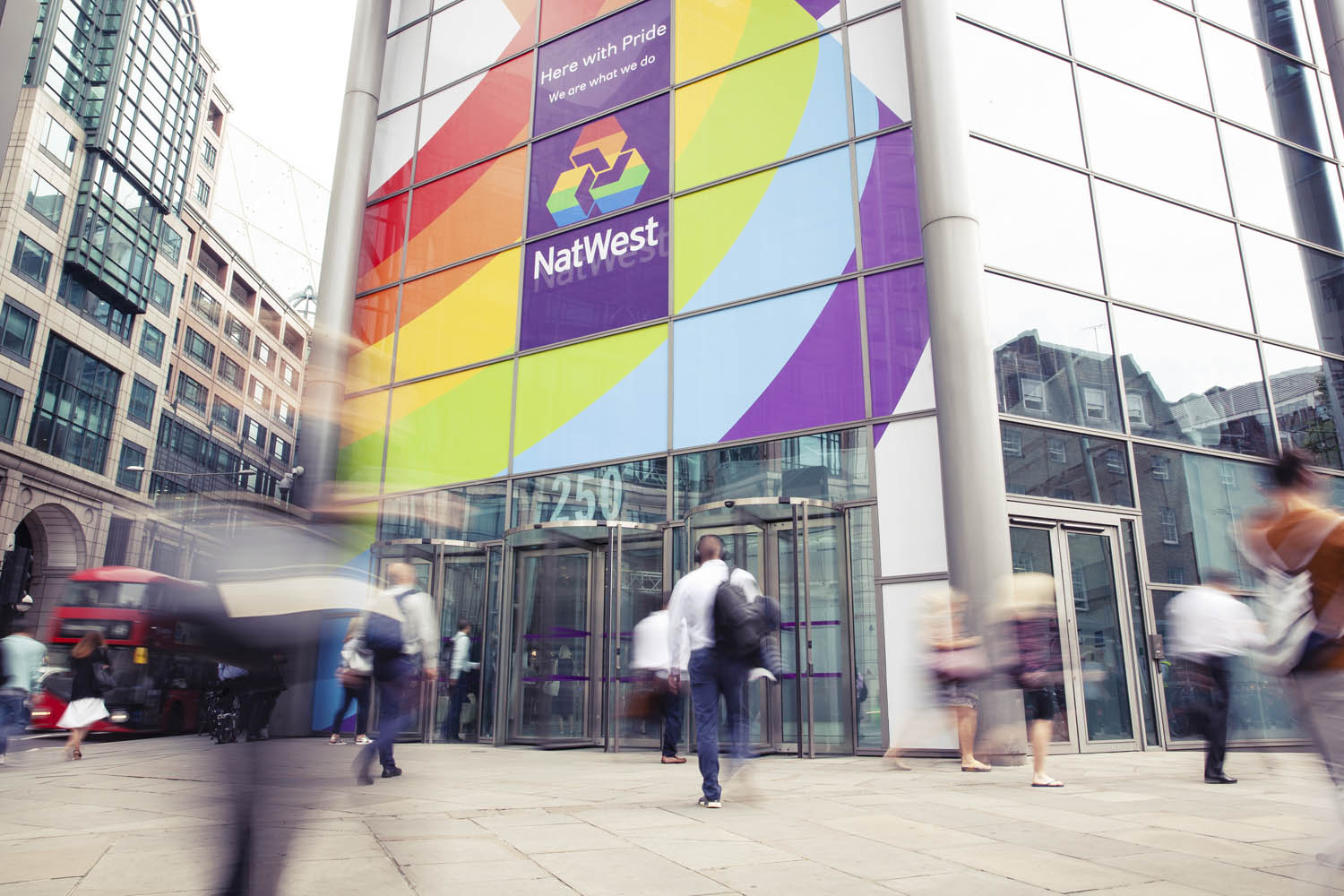
Natwest recorded an increased pretax operating profit of £6.2bn for the year to end of December, up 0.3% on 2023 and slightly above analyst forecasts of £6.1bn.
Loans to customers increased by £13.5bn to £332bn, driven by a £6.2bn increase in reverse repos, an increase in commercial term loan facilities and a £3.6bn increase in retail banking mortgage portfolios, mainly driven by the £2.2bn acquisition of a Metro Bank mortgage portfolio.
At the end of last month The Treasury sold another slice of NatWest stock, reducing the taxpayer’s stake in the high street bank to just under 8%.
The taxpayer’s stake in the lender has fallen by more than two-thirds since last December, as Chancellor Rachel Reeves bids to fully exit the holding by 2025-26.
In December, NatWest chief executive Paul Thwaite said the bank was on a “fast trajectory to private ownership,” which could see the government sell off its stake in the lender by the first half of this year.
And Thwaite reaffirmed on annual results day (Feb 14) that shedding the Government’s shareholding would mark a “new, forward-looking chapter” for the high street lender.
His statement to the stock market added: “As we enter 2025, we are realistic about the challenges and opportunities ahead. However, there are some reasons for optimism. Inflation in the UK has come down from previous highs, with modest economic growth predicted in the year ahead.
“While consumer and business confidence dipped in the latter part of 2024, we have seen resilience and good levels of activity amongst our customer base. The new government has a clear intent to deliver growth across all nations and regions of the UK and, importantly, has recognised the role that our bank and the wider sector can play.
Preceeding Natwests results by a day, Barclays reported new home loan bookings rose 5% to £23.9bn last year, driven by base rate cuts and a move to boost its share of the mortgage market.



